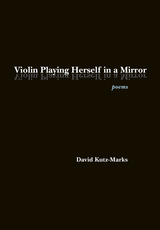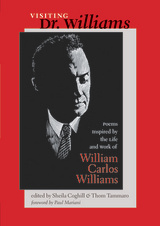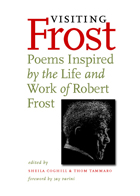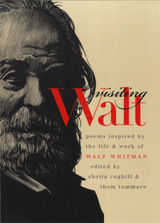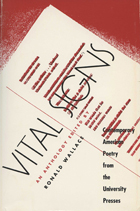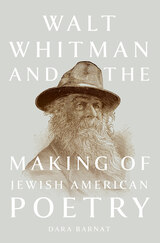Against Innocence: Undoing and Remaking the World
University of Chicago Press
Cloth: 978-0-226-83873-1 | Paper: 978-0-226-83875-5 | eISBN: 978-0-226-83874-8
See other books on: Civil Rights | Discrimination | Remaking | Ticktin, Miriam | Undoing
See other titles from University of Chicago Press
Cloth: 978-0-226-83873-1 | Paper: 978-0-226-83875-5 | eISBN: 978-0-226-83874-8
ABOUT THIS BOOK | AUTHOR BIOGRAPHY
ABOUT THIS BOOK
A provocative critique of how the concept of innocence functions in contemporary politics and society.
In 2025, we are arguably more attentive to different kinds of harm than ever before in human history. Recognizing injustices of all kinds, especially historically overlooked ones, is an undeniable achievement. But as Miriam Ticktin reminds us in this timely and bold book, designating certain groups as “innocent,” or otherwise in need, often comes with its own problems.
In AgainstInnocence, Ticktin shows how innocence structures political relationships, designating some as victims and others as “saviors” who, conveniently, claim innocence themselves, absolving themselves of responsibility and foreclose the achievement of a more genuine, lasting form of justice. Ultimately, Ticktin wants to understand how the discourse around innocence functions, what gives it such power, and why we are so compelled by it. She examines this process across various domains, including migration, reproductive rights, racial justice, medicine, environmentalism, and more. Throughout the book, she shows how the concept of innocence intimately shapes why and how we should care, for whom, and whose lives matter—and how this can have devastating consequences, when only an exceptional few can qualify as innocent. A politics grounded on innocence justifies a world built on inequality, designating most people—especially the racialized poor—as unworthy, undeserving, and less than human. As an alternative, she explores the aesthetics and politics of “commoning”—a collective regime of living that refuses a liberal politics of individual identity and victimhood.
In 2025, we are arguably more attentive to different kinds of harm than ever before in human history. Recognizing injustices of all kinds, especially historically overlooked ones, is an undeniable achievement. But as Miriam Ticktin reminds us in this timely and bold book, designating certain groups as “innocent,” or otherwise in need, often comes with its own problems.
In AgainstInnocence, Ticktin shows how innocence structures political relationships, designating some as victims and others as “saviors” who, conveniently, claim innocence themselves, absolving themselves of responsibility and foreclose the achievement of a more genuine, lasting form of justice. Ultimately, Ticktin wants to understand how the discourse around innocence functions, what gives it such power, and why we are so compelled by it. She examines this process across various domains, including migration, reproductive rights, racial justice, medicine, environmentalism, and more. Throughout the book, she shows how the concept of innocence intimately shapes why and how we should care, for whom, and whose lives matter—and how this can have devastating consequences, when only an exceptional few can qualify as innocent. A politics grounded on innocence justifies a world built on inequality, designating most people—especially the racialized poor—as unworthy, undeserving, and less than human. As an alternative, she explores the aesthetics and politics of “commoning”—a collective regime of living that refuses a liberal politics of individual identity and victimhood.
See other books on: Civil Rights | Discrimination | Remaking | Ticktin, Miriam | Undoing
See other titles from University of Chicago Press

